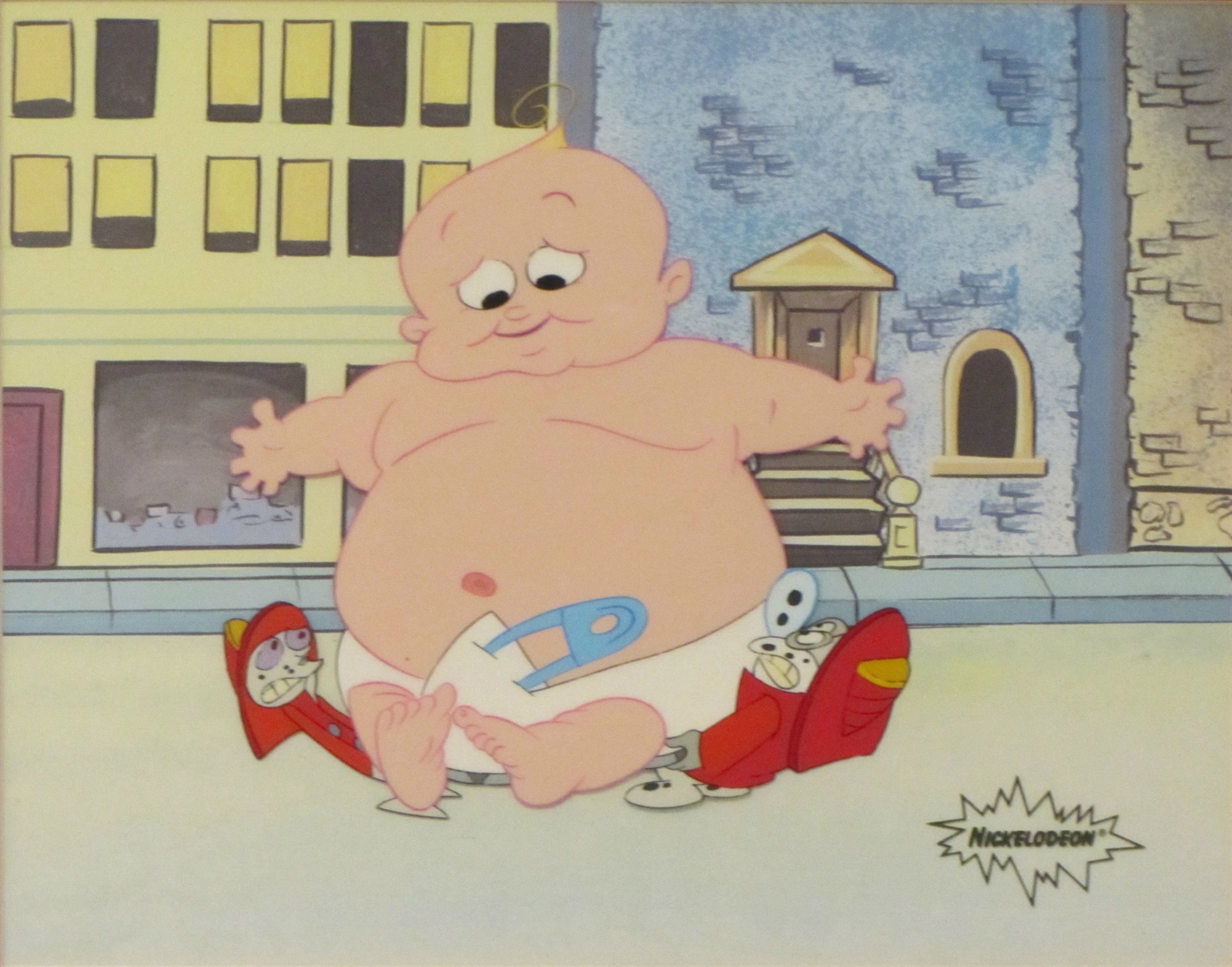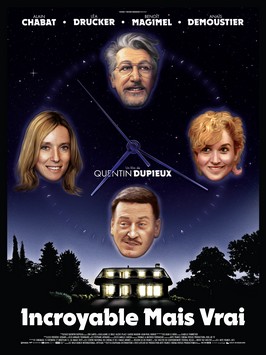
In terms of American metaphoric media-medley microcosms, this is far superior than some of the other so-called pastiche "meta-cinema" from the likes of Tarantino or Chavelle. First of all, not only is Wes Anderson cinematically literate enough to match the memes of imitators, but has a broader appreciation for media culture generally - film, theater, literature, television, photography, graphic design - so he ultimately has a wider and deeper palette from which to mine. It also helps that he has insightful things to say about social and moral character rather than simply appropriating vapid dazzle. It also helps that Wes Anderson has a sublimated imagination that, for all of the gorgeous teal and saffron visual beauty, he still retains a potent reservoir of suggestion where his films are not merely surface entertainments but resonate within the vantage perspectives of memory, and in certain proximate orientation with his prior work. I'm sure you'll not have trouble noticing the many of Wes' recurring Freudian themes and motifs - stubborn fathers, dead mothers, naive romance. Yes, there be whimsy as well, but probably not as much as you'd hoped for. Classic Wes. But in terms of the meta-media construction, from a specifically mid-20th Century view, the grace with which it dovetails that era's predominent mythos of the Wild West and Sci-Fi speculation is far more profound than such relatively lazy Hollywood merch juxtopositions like Cowboys and Aliens. Wes has a far less cynical appreciation of nostalgia than that and it is his subversive sentimentality that is his secret weapon, that makes his films so human and singular.
Out of all of the assorted cross-path characters, I most appreciated the connection between Jason Schwartman's Augie Steenbeck, a battle-scarred photographer and disinterested father, and Scarlet Johansson's Midge Campbell, a fading former movie star. The film is a quarantine piece, after all, replacing web-cams with window panes, and their consumate courtship dances along the line between art and intimacy in a way that's almost entirely told in its visual compositions. It's one example in an extraordinarily complex, and equally sublime, prism of American artifice.
9.5/10





















 Rock wrote:
Rock wrote:




